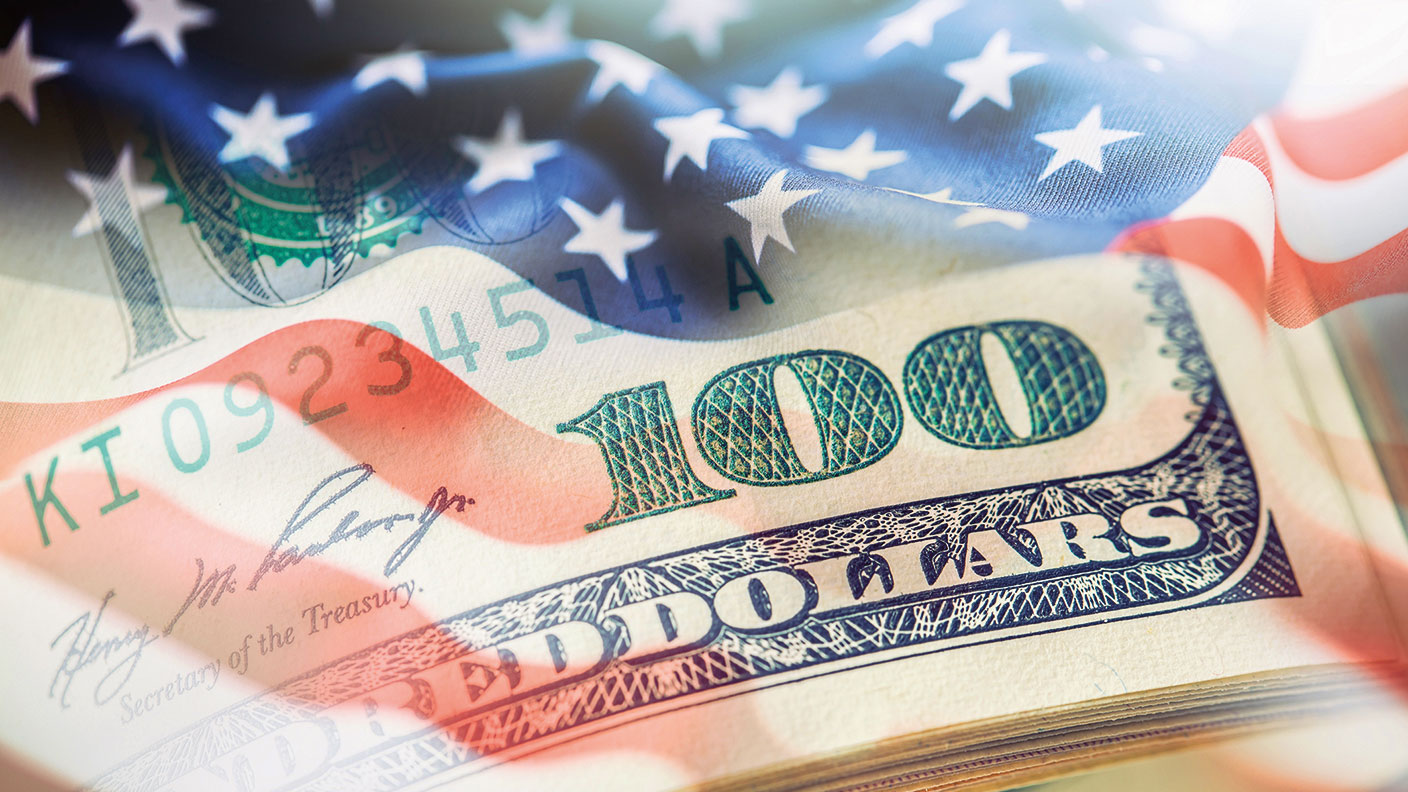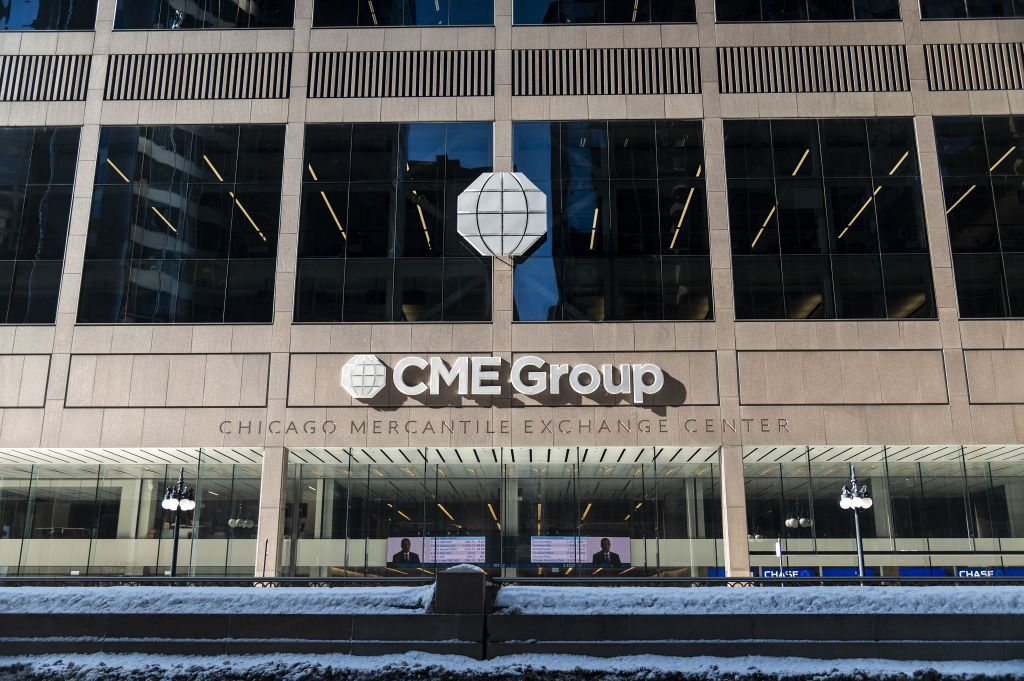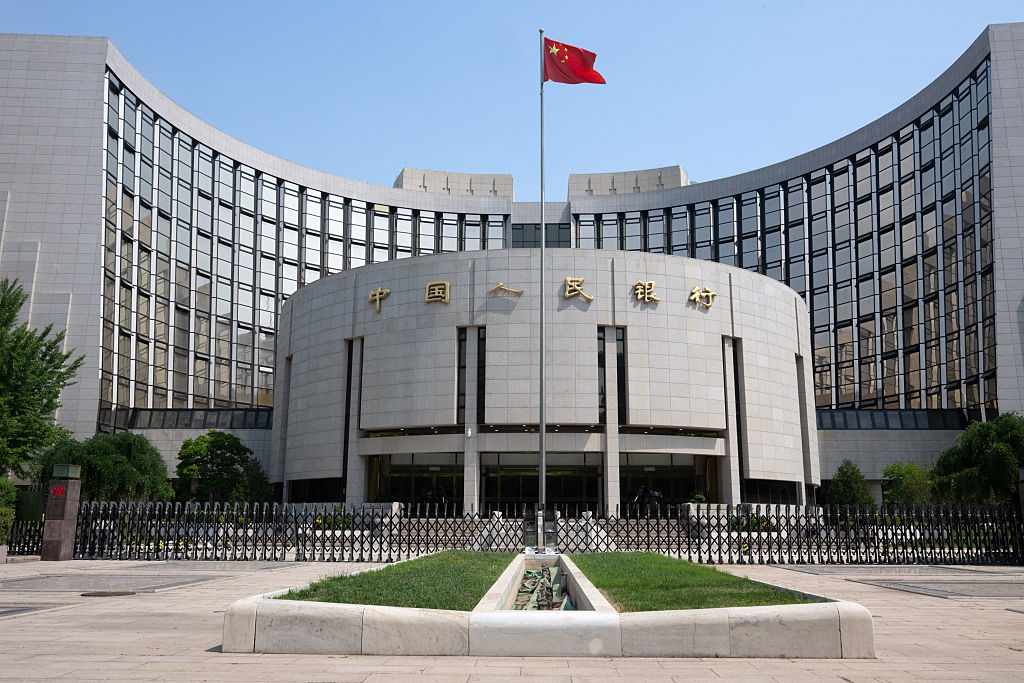The US dollar’s rally will fade away
The US dollar, having been widely tipped to fall this year, is up by about 1.2% so far against a basket of six major trading partners’ currencies. But the rally won't last.

Get the latest financial news, insights and expert analysis from our award-winning MoneyWeek team, to help you understand what really matters when it comes to your finances.
You are now subscribed
Your newsletter sign-up was successful
Want to add more newsletters?

Twice daily
MoneyWeek
Get the latest financial news, insights and expert analysis from our award-winning MoneyWeek team, to help you understand what really matters when it comes to your finances.

Four times a week
Look After My Bills
Sign up to our free money-saving newsletter, filled with the latest news and expert advice to help you find the best tips and deals for managing your bills. Start saving today!
“The King is back,” writes Cormac Mullen on Bloomberg. The US dollar was widely tipped to tumble this year, but so far it has proved remarkably resilient. The US dollar index, which measures the greenback’s value against a basket of six major trading partners’ currencies, is up by about 1.2% so far. That wasn’t supposed to happen: Federal Reserve policy is historically loose and global reflation this year should encourage investors to leave their dollar comfort zone and explore opportunities in other currencies. If this continues, then it “will upset quite a few investment strategies”.
The dollar index fell by almost 7% last year, but the greenback still looks overvalued in historical terms. The index is 15% up on the start of 2010. The currency’s strong start to the year is even stranger because it has accompanied robust gains on world stockmarkets. The dollar is regarded as a safe-haven currency, meaning it should underperform when stocks are feeling bullish.
A weaker euro
The dollar’s unexpected pop probably has more to do with the euro, says William Watts on MarketWatch. It is by far the most important comparison currency for the greenback, making up about 58% of the dollar index basket. A slow vaccine rollout is hitting the continent’s growth outlook and thus the euro, which has slipped by 0.8% against the greenback so far this year. The European Central Bank (ECB) will be quite happy about that; it has been fretting that a strong euro could trigger deflation.
MoneyWeek
Subscribe to MoneyWeek today and get your first six magazine issues absolutely FREE

Sign up to Money Morning
Don't miss the latest investment and personal finances news, market analysis, plus money-saving tips with our free twice-daily newsletter
Don't miss the latest investment and personal finances news, market analysis, plus money-saving tips with our free twice-daily newsletter
Central bankers in emerging markets aren’t betting on the dollar’s bounce continuing, says Shilan Shah for Capital Economics. From India to Poland, they are rolling out new foreign-exchange purchase programmes designed to curb appreciations of their own currencies against the greenback. Chile will buy $12bn, equivalent to 5% of GDP, in an effort to keep its peso cheap. The “echoes” of past “currency wars” are becoming unmistakable.
Despite its strong start to 2021, most analysts think that the dollar’s most likely destination is lower. More than 85% of analysts polled by Reuters expect it to “stay around current levels or decline over the next three months”, reports Hari Kishan. The US Federal Reserve, which says it will keep monetary policy easy even if inflation eclipses 2%, is the key reason the currency looks set to fall. “A lot of the exceptionalism of the dollar has to do with its scarcity,” says Steve Englander of Standard Chartered. There is huge demand for the world’s reserve currency and traditionally limited supply.
Yet with the M2 gauge of US money supply expanding by 24% over the past year, that scarcity is eroding fast; before too long “there will be an abundance”. That should put a lid on the dollar’s mini-rally.
Get the latest financial news, insights and expert analysis from our award-winning MoneyWeek team, to help you understand what really matters when it comes to your finances.
Alex is an investment writer who has been contributing to MoneyWeek since 2015. He has been the magazine’s markets editor since 2019.
Alex has a passion for demystifying the often arcane world of finance for a general readership. While financial media tends to focus compulsively on the latest trend, the best opportunities can lie forgotten elsewhere.
He is especially interested in European equities – where his fluent French helps him to cover the continent’s largest bourse – and emerging markets, where his experience living in Beijing, and conversational Chinese, prove useful.
Hailing from Leeds, he studied Philosophy, Politics and Economics at the University of Oxford. He also holds a Master of Public Health from the University of Manchester.
-
 Average UK house price reaches £300,000 for first time, Halifax says
Average UK house price reaches £300,000 for first time, Halifax saysWhile the average house price has topped £300k, regional disparities still remain, Halifax finds.
-
 Barings Emerging Europe trust bounces back from Russia woes
Barings Emerging Europe trust bounces back from Russia woesBarings Emerging Europe trust has added the Middle East and Africa to its mandate, delivering a strong recovery, says Max King
-
 Should you sell your Affirm stock?
Should you sell your Affirm stock?Affirm, a buy-now-pay-later lender, is vulnerable to a downturn. Investors are losing their enthusiasm, says Matthew Partridge
-
 Profit from pest control with Rentokil Initial
Profit from pest control with Rentokil InitialRentokil Initial is set for global expansion and offers strong sales growth
-
 In the money: how my trading tips fared in 2025
In the money: how my trading tips fared in 2025The success of the open positions offset losses on closed ones, says Matthew Partridge
-
 Coreweave is on borrowed time
Coreweave is on borrowed timeAI infrastructure firm Coreweave is heading for trouble and is absurdly pricey, says Matthew Partridge
-
 Circle sets a new gold standard for cryptocurrencies
Circle sets a new gold standard for cryptocurrenciesCryptocurrencies have existed in a kind of financial Wild West. No longer – they are entering the mainstream, and US-listed Circle is ideally placed to benefit
-
 Profit from other investors’ trades with CME Group
Profit from other investors’ trades with CME GroupCME Group is one of the world’s largest exchanges, which gives it a significant competitive advantage
-
 Investors need to get ready for an age of uncertainty and upheaval
Investors need to get ready for an age of uncertainty and upheavalTectonic geopolitical and economic shifts are underway. Investors need to consider a range of tools when positioning portfolios to accommodate these changes
-
 How much gold does China have – and how to cash in
How much gold does China have – and how to cash inChina's gold reserves are vastly understated, says Dominic Frisby. So hold gold, overbought or not